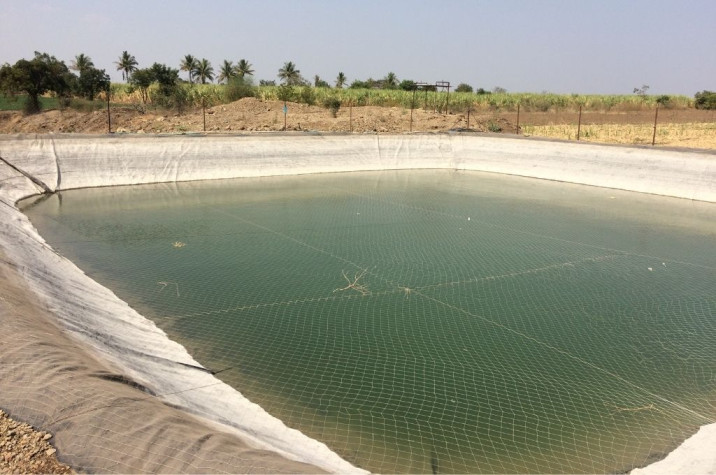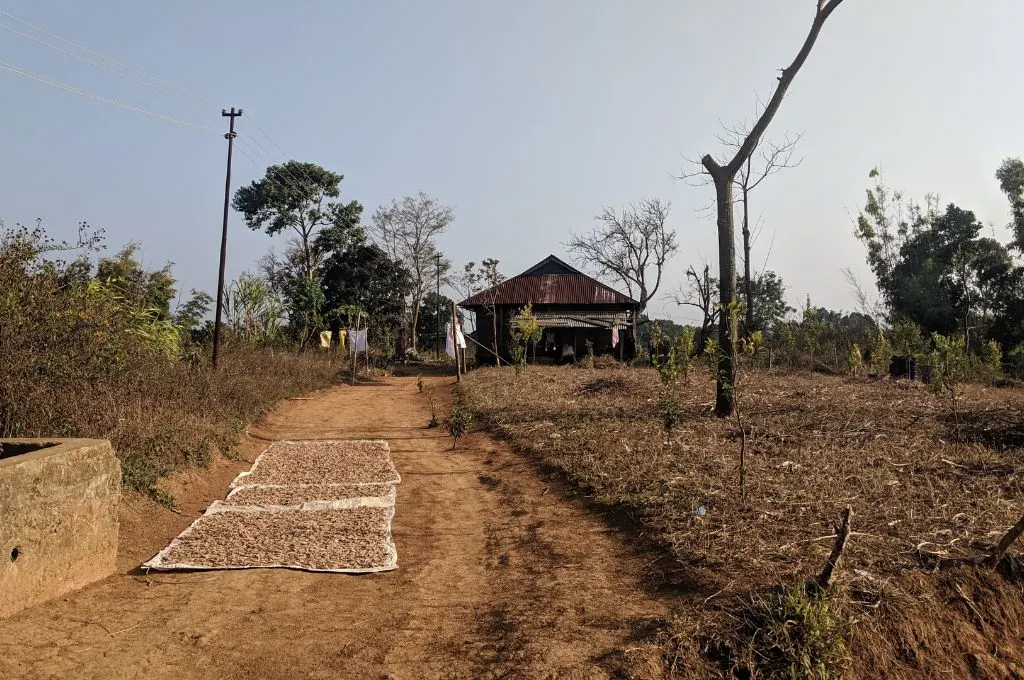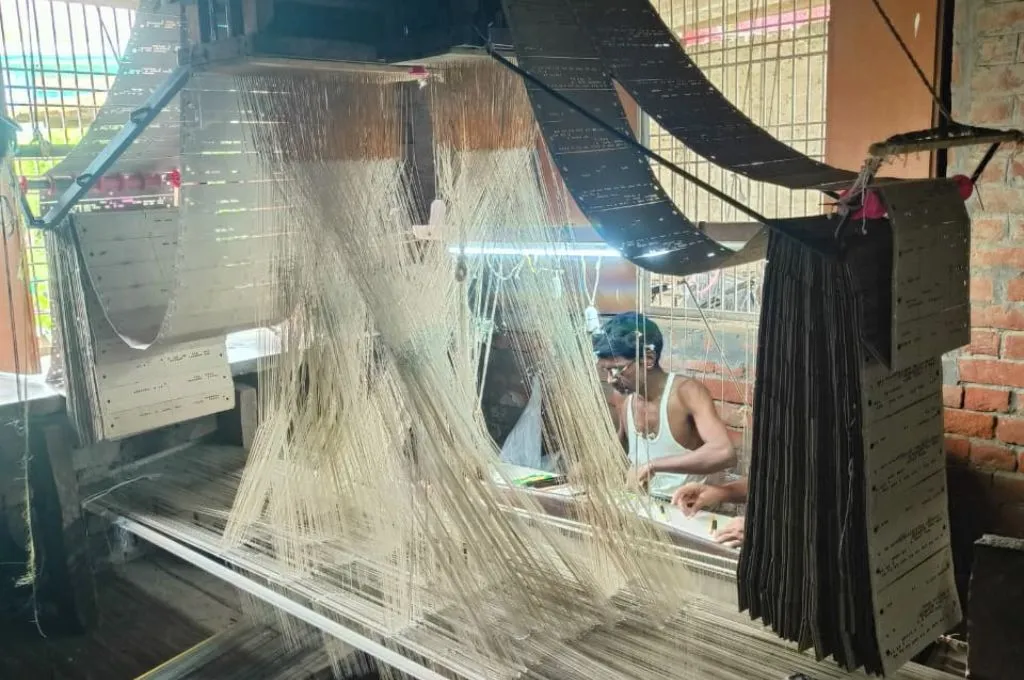When solutions create problems

Over the last decade, Maharashtra has experienced irregular rainfall and recurring droughts. To combat this problem, the Government of Maharashtra promoted the construction of farm ponds in the state, especially in the drought-prone regions. It was assumed that these structures would help collect surface run-off and store rainwater for protective irrigation ie, irrigation provided during dry spells to protect crops. This would allow farmers to irrigate their fields regularly, while simultaneously reducing dependency on groundwater and help sustain rainfed farming.
In Pune, I noticed that instead of harvesting rainwater, farmers were using the ponds to store groundwater that was extracted using borewells. Rather than conserving groundwater, the construction of farm ponds had resulted in an increased exploitation of groundwater by farmers.
When I asked the farmers why there were doing this, they told me that it was due to falling water pressure and irregular supply from borewells over the year. They believed that if they pumped and stored groundwater in the farm ponds when the pressure was high, they could ensure their supply of water for irrigation. Not only did this allow them to irrigate their fields regularly, it also made them feel more secure seeing groundwater stored in farm ponds (where it is ‘visible’) rather than borewells (where it is underground, ‘invisible’, and difficult to estimate).

—
Know more: Read more about India’s groundwater problem.




